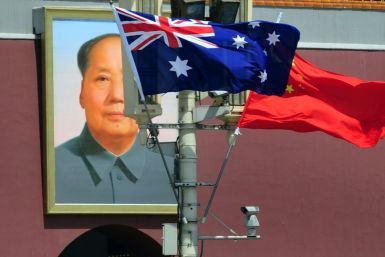UberEats To Allow Orders For Marijuana Starting Monday

UberEats is now going to begin allowing customers to order the one high-demand item that has been missing from its delivery menu -- pot.
On Monday, Reuters reported that an UberEats spokesperson confirmed that the food delivery service will begin taking orders for marijuana products. For all the excitement behind the decision, it will have initial limitations.
For starters, weed deliveries will only be taking place in Ontario, Canada. Despite legalizing the recreational use of marijuana three years ago, Canada’s pot market is still grappling with the lingering presence of illicit sellers competing with legal ones.
UberEats' hope is that this initiative can make legal producers more attractive to customers over time. This development marks a fulfillment of a desire voiced by Uber earlier this year to break into the cannabis industry.
“We see so much opportunity out there, and we’re going to focus on the opportunity at hand,” Uber CEO Dara Khosrowshahi told CNBC in April.
The second limit is that only a single producer will be involved at first. According to Reuters, UberEats will be working with a single cannabis retailer called Tokyo Smoke.
It also does not appear that pot delivery will be an available option yet. It was specified instead that customers would place an order for a marijuana product and then come to pick it up at a Tokyo Smoke location.
Cannabis users in the U.S. still may have to wait a bit longer before getting a chance to place orders for weed. Currently, 18 states and the District of Columbia allow recreational marijuana use or have decriminalized its use, but it remains illegal under federal law.
Efforts to change that have been pushed by members in both the Democratic and Republican parties. In July, Democratic members of Congress discussed a bill to legalize weed at a federal level even as President Joe Biden remains opposed.
On Nov. 18, Republican congresswoman Nancy Mace, R-S.C, unveiled her proposal to decriminalize marijuana at the federal level. The bill would include a 3% federal excise tax on all marijuana products, and the funds would go towards supporting small businesses, retraining law enforcement, mental health services, and other projects.






